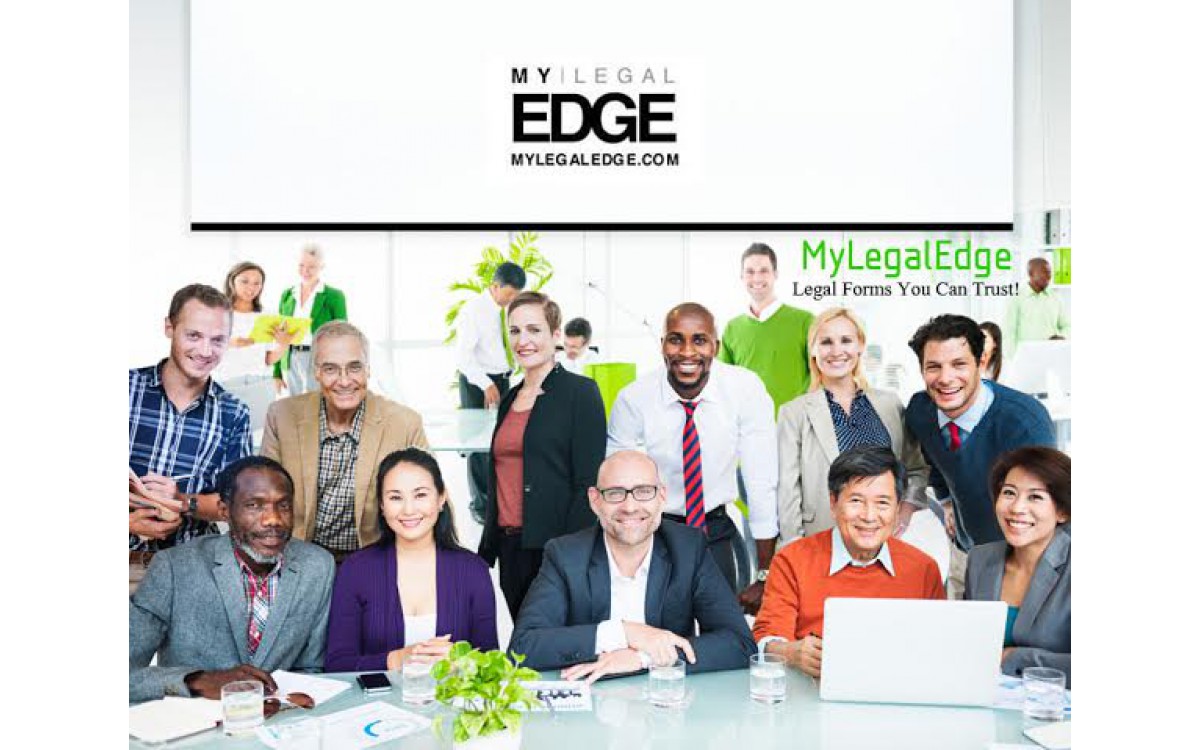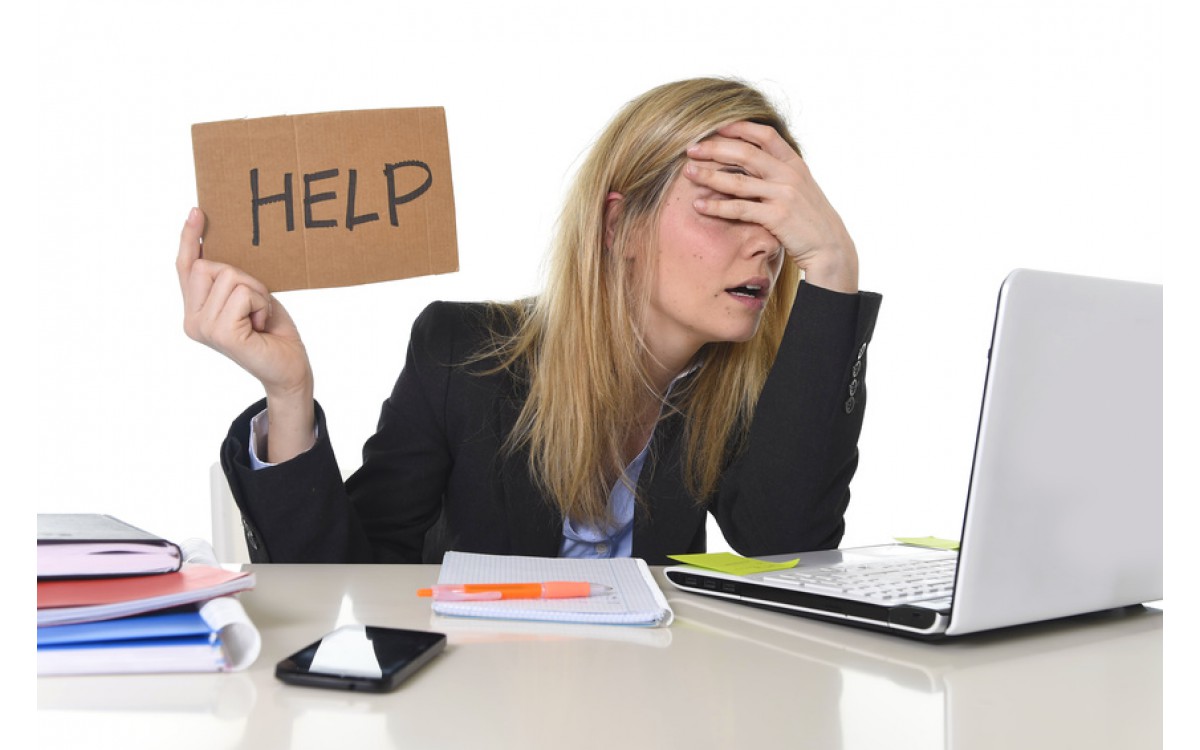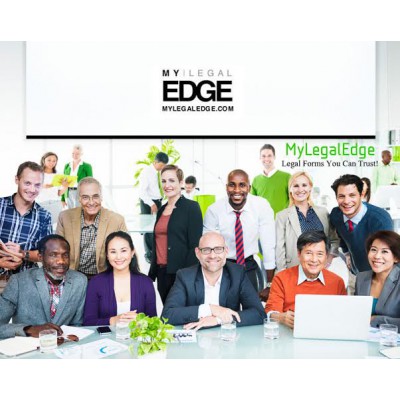As a musician it is
necessary to protect your creative expressions by understanding copyright law
basics. When your new music and lyrics
have been written down, recorded, or stored on an electronic device, a copyright
begins. This is commonly known as the moment of fixation. Copyright provides protection even if the
song is never registered with the Copyright Office. Mailing your work to yourself does not provide
any addition legal protections under copyright law and will not be useful in
proving when the song was written.
In addition, keep in mind
that the copyright in the composition is separate from the copyright attached
to the sound recording. When registering a newly published song, be sure to
provide for distinct copyright protection between the composition and the sound
recording. Registration of the published
music or recordings will provide you with the right to seek legal fees and
statutory damages. Registration is also
required prior to filing a lawsuit seeking such damages.
A copyright will extend protection
to a composition for 70 years beyond the life of the composer. If the composition is created by a corporation, the term
will be ninety-five years. When the song is jointly authored, the seventy years
will run from death of the last living composer. In most situations, the composer of a song
will be an individual or a team of composers and lyricists.
Cover songs
reflect the limited exclusivity provided by copyright. The original copyright
owner has an exclusive right to publish or release the first sound recording of
a song. After that, all other performers have the right to cut their own
version of the song.
To release a
cover version of a song, a musician must pay the compulsory or government-set
rate for use of the song. Known as mechanical rights, the payment gives the
musician the right to use the music in its own sound recording or master. Cover
songs can be released on CDs or digital downloads. The statutory right to make
a cover song does not extend to movie soundtracks, video games or other
audiovisual works. For these uses, a license must be obtained from the
copyright holder. Under the law, the compulsory fee is paid through the Copyright
Office to the copyright owners of the composition.
Unlike the
mechanical royalty, the public performance royalties are not determined through
congressional action. Instead, the three performing rights societies — ASCAP,
BMI and SESAC — license the venues where music is performed publicly. Public
performances include live shows at public venues such as bars, restaurants, and
auditoriums as well as performances of pre-recorded music on radio, television,
the internet and at public venues. For a musician, membership in a performing
rights society provides a revenue stream that will be based on the popularity
of the music.
These various organizations can assist an independent
artist to earn revenue from the sources created by copyright law.








